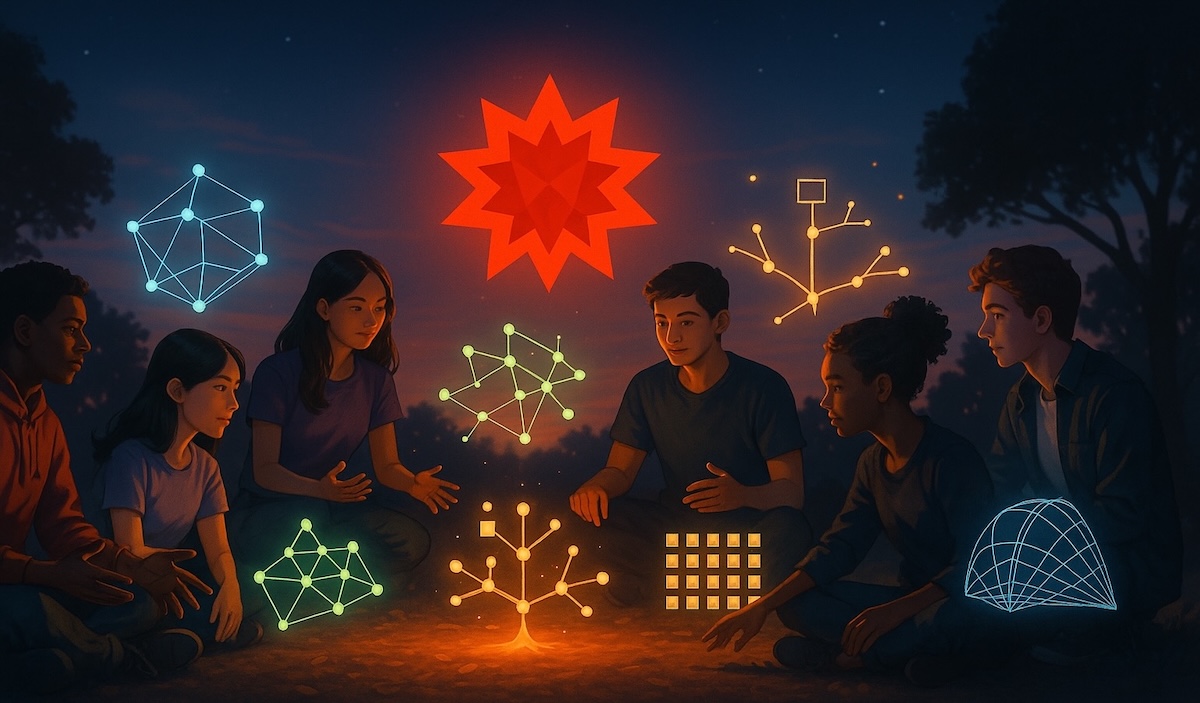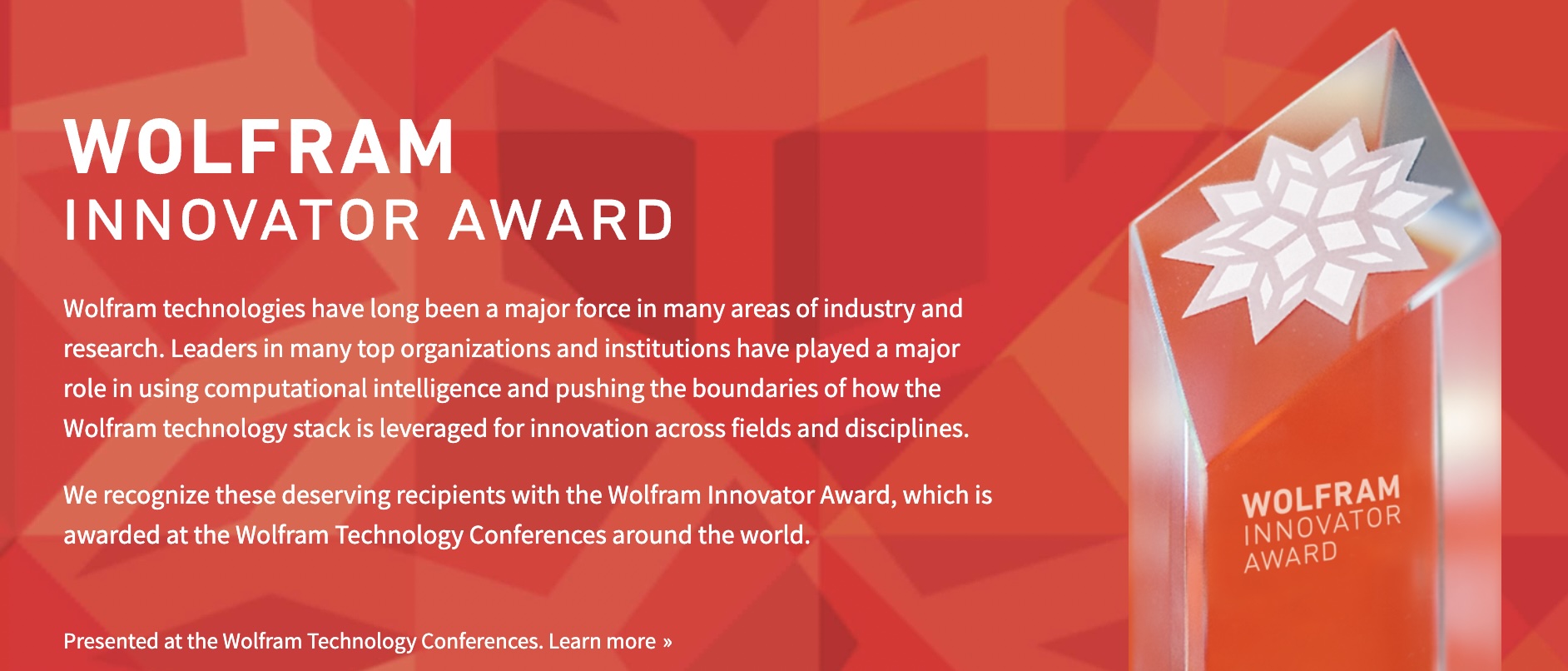
For well over a decade, the Wolfram Innovator Award has honored pioneering uses of computation across disciplines—from breakthroughs in quantum computing and artificial intelligence to advances in biomedical research, environmental modeling, algorithmic art, and computational education. These awards have celebrated individuals who use Wolfram technologies to push boundaries in science, industry, and creative practice. Now, it's time to extend that spotlight to the next generation.

We're looking to celebrate exceptional computational thinking by creators early in their careers - from outstanding students to junior researchers to young entrepreneurs—many of whom we've likely not even been introduced to yet. Let's fix that, together.
Students, research assistants and young entrepreneurs around the world are using Wolfram technologies in countless creative ways from modeling and discovery to building tools, products, visualizations, and learning experiences. Many are also helping grow local communities through outreach, mentorship, and education often supported by programs like the Wolfram Student Ambassador Program. The possibilities are as diverse as the students themselves. It's time we recognized this brilliance.
We'd love to hear about and honor originality, clarity of thought, and impactful use of Wolfram-powered computation whether through essays, visualizations, simulations, learning tools, data projects, or something entirely unexpected.
Ways You Can Contribute
Spotlight an emerging leader
Tell us about someone you know, someone you've worked with, a student or collaborator that made you think "this young person is going to win a Wolfram Innovator Award someday". Who impressed you with a Wolfram-based project? Share their name, age, and a brief project description or link.
Showcase an Outstanding Project
Post examples (with links or screenshots) of brilliant youth work using Wolfram tools—your own work or one you admire.
Suggest a Category
Beyond "science" and "coding": What kinds of youth innovation should we celebrate? Computational art? Educational tools? Social impact? Data storytelling? Drop your category ideas.
Spot Talent from the Field
Browse past projects from our summer programs or from the Student Leadership Programs, and nominate ones that deserve wider recognition.
Drop a Wild Idea
Share an unconventional concept for how this award could work or evolve. No limits just original thinking.
Even small personal projects that solve real problems or communicate a concept beautifully can be celebrated. Help us discover them!
Add your thoughts, projects, nominations, and ideas in the comments - and let's all take time to recognize the future innovators that are doing things today!